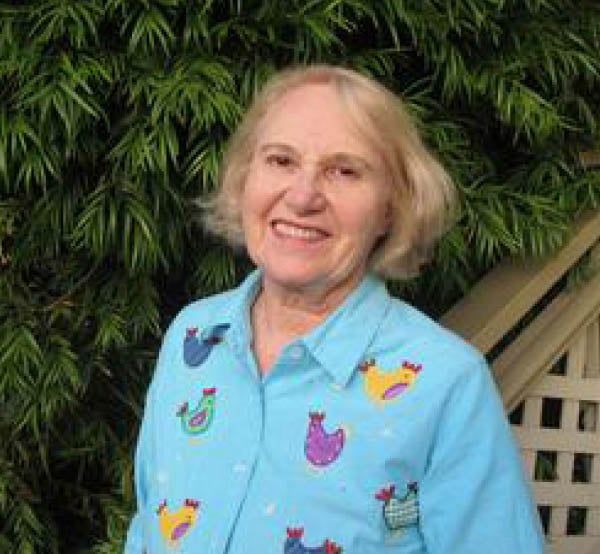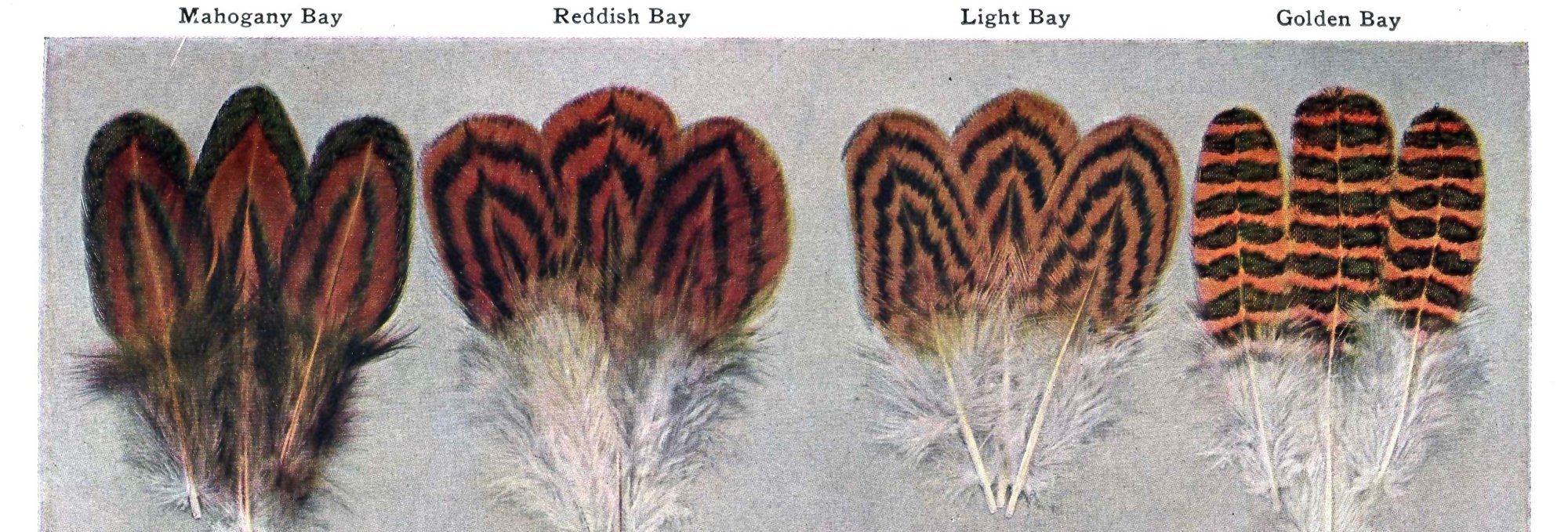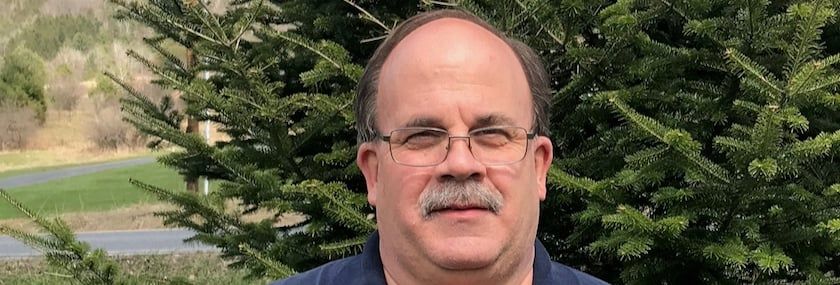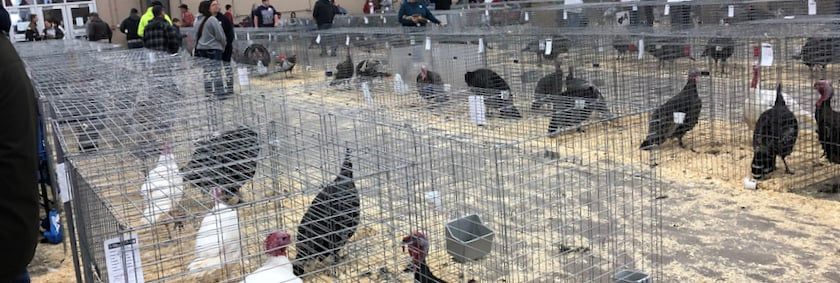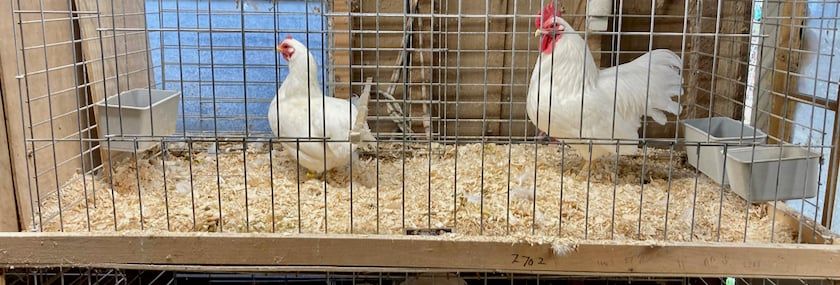The Halbachs
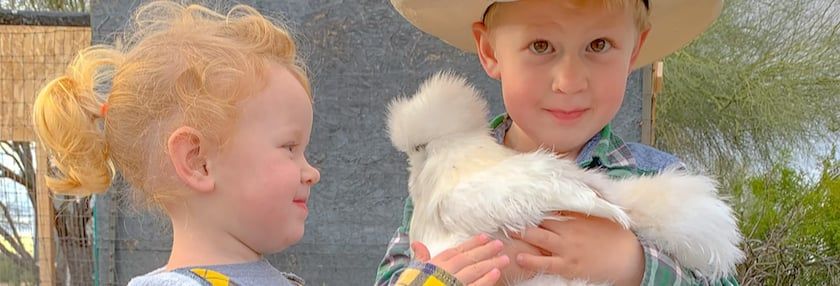

A family legacy of exhibition poultry
Jeff Halbach, now 72, carries on the proud family tradition of exhibition poultry. He’s gratified to see his children and grandchildren following in his footsteps.
Jeff is the fourth generation of Halbachs to raise exhibition chickens. At a recent Tucson poultry show, his grandchildren had three birds on champion row.
“The show marked the sixth generation of the Halbach Family to have multiple birds on champion row,” he said.
With the establishment of Riverdale Farm in 1892, Jeff’s great-grandfather Herman also founded a dynasty of poultry leaders. The Halbach family and Riverdale Farms exerted an influence on exhibition poultry and the APA for the rest of the 20th and into the 21st century.
Developing Standard Breeds
Herman Halbach had a passion for poultry. His father John immigrated from Germany to Milwaukee, Wisconsin in 1873. John opened a general store, and his son Herman worked with his father there. As a boy, Herman saved his money to purchase a Partridge Cochin hen he admired for $5, according to family history.
In 1898, Herman began working to develop a strain of White Plymouth Rocks at Riverdale Farms, the 20-acre family farm in Waterford, Wisconsin. His vision of perfection had a longer back and body, lower tail, fuller breasted, shorter shank, and more symmetrical, supported by unusual vigor, perfection, meat, and heavy egg production.
His birds began winning in 1901, and by 1918 won the top prizes at the Chicago National. By 1920, they had won every top prize and commanded prices as high as $1,000 a bird.
Herman was one of the first members of the American Poultry Association and one of the first fanciers to breed to the strict standard in the Standard of Perfection. He served as president of the Wisconsin State branch of the American Poultry Association and president of the American White Plymouth Rock Club.
His son William carried on the family name and farm, which expanded to 80 acres, after Herman’s death in 1920. He became the youngest person to receive the APA judging certificate.
William pursued excellence at Riverdale Farms. He believed that no matter how well birds were fed, they could not thrive unless they were given other advantages such as plenty of range, plenty of room for roosting, and clean surroundings. He believed that overcrowding resulted in deformed backs, crooked breasts, and wry tails.
White Plymouth Rocks
The Halbach strain of White Plymouth Rocks became the revered name in poultry keeping. Riverdale Farms shipped birds across the nation and around the world.
William’s son Harry was groomed to take over the farm, spending his boyhood under his father’s tutelage of judging and breeding White Plymouth Rocks. He passed his knowledge and commitment on to his son Jeff.
“My grandfather Bill was a real gentleman, and very intelligent,” Jeff remembers. “At a young age, I noticed how he and my father both handled and touched the White Rocks. I can’t explain it, but it was different: a deference for the breed.”
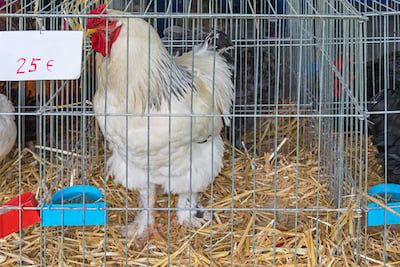
Leadership in the 20th Century
Harry Halbach served as APA president from 1982-1986, and his wife, Vi Halbach, from 1994-1998. Mrs. Halbach was the only woman to hold that office in APA history.
Mrs. Halbach handled all the farm’s correspondence, order booking and banking, as well as caring for the family of four children. Every Sunday, she’d give Jeff the chick orders for the coming week, so that he could set the right number and breed of eggs to hatch. They were partners in that part of the business for more than 40 years.
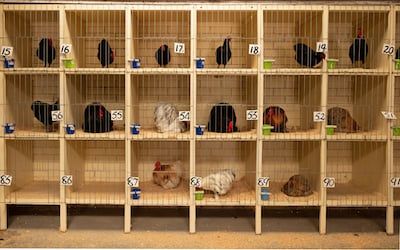
“She was the brains of the organization behind the scenes,” he said.
Poultry keepers through the 1950s kept poultry as their livelihood. Today, nearly all exhibition poultry are kept as a hobby. Deriving income from keeping poultry is a shared background for the judges Jeff considers great.
More women and young people raise chickens and exhibit poultry now. In the past, exhibition poultry was dominated by men.
“Harry and Vi were the last people in the history of the APA to make their total living from chickens,” said Clell Agler, long-time APA judge and director of poultry for the Ohio State Fair for over 20 years. “Today it’s a hobby. That’s how much poultry keeping has changed.”
Handing down the honors
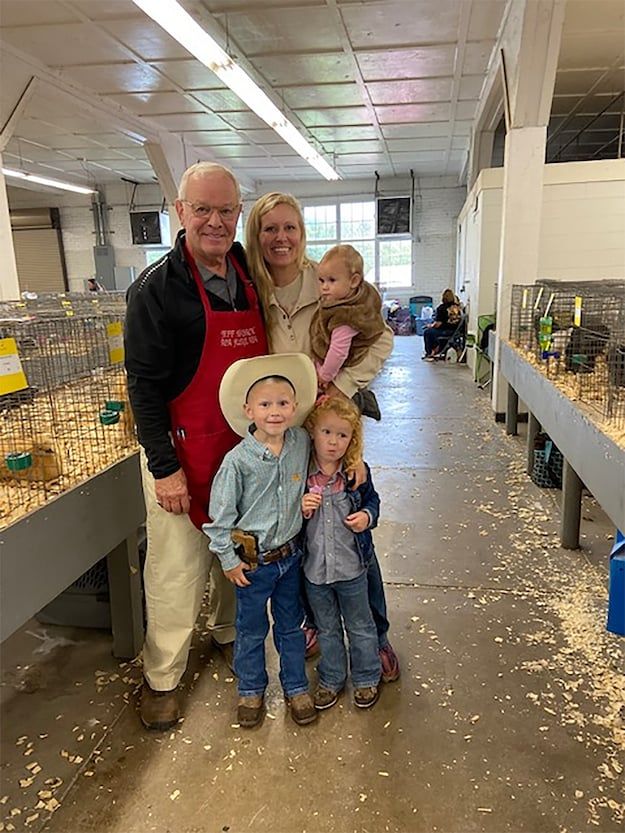
Jeff learned how to put matings together from his grandfather. Grandfather William showed him how to select hens for their strong points, then breed them with roosters that would compensate for their faults. The process meant studying the birds for hours, developing an eye for the nuances of bird conformation, color and feather quality.
“That was probably the only thing we did slowly on the farm,” he said. “I’ve never thought much about it until now, but that was my training.”
When he was 14, Harry put him in charge of bantam matings. Eventually, he presided over more than 2,000 bantams in almost all breeds and varieties.
Jeff cared for about 15,000 birds every summer on the farm. At the end of summer, he’d help take 1,200 birds to show at several fairs. He and his father welcomed visitors to the farm almost daily.
“It was our country’s largest daily poultry show,” he said. “They mostly came to buy, but some came just to pick Dad’s brain.”
A family business
Over the years, the time spent together on the farm and traveling to shows brought them close as a family.
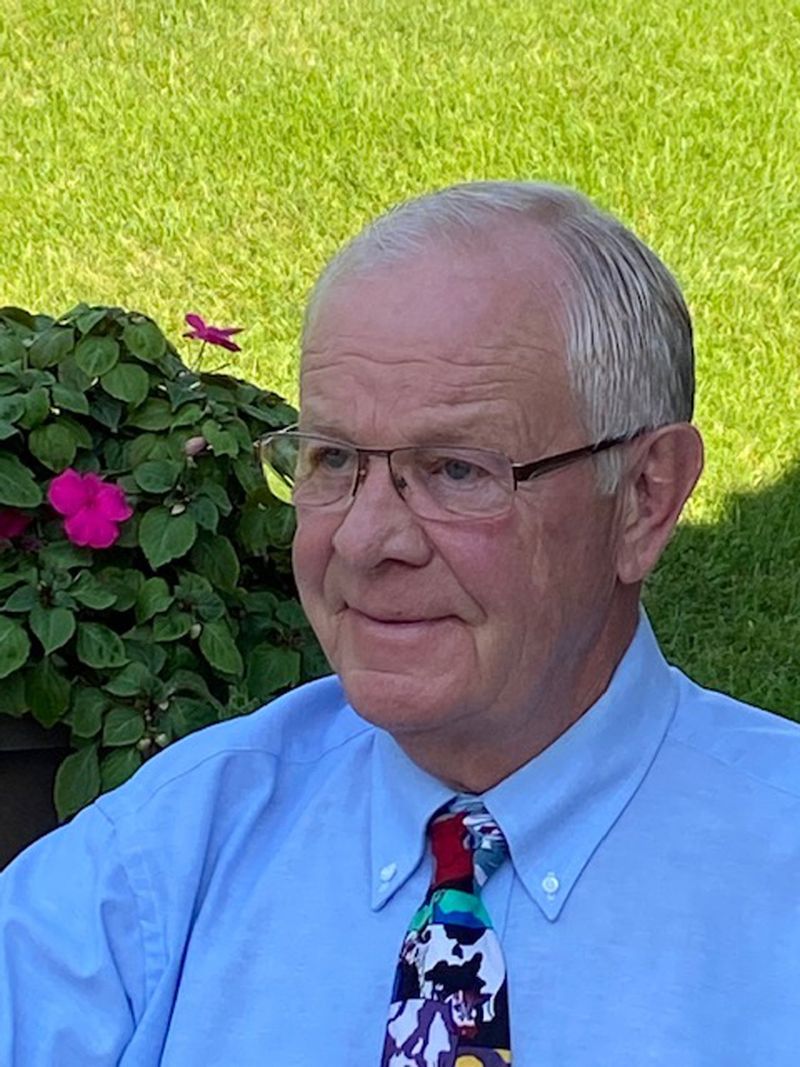
“We worked together, played, prayed, and traveled together until his death. He had a quick eye for poultry; he had to as it was what put bread on the table. Both men had the same judging advice: Your first impression is usually right.”
Jeff estimates that over the years, he has judged over 150,000 birds, and handled more than half a million. His family has earned 324 show champions over the years.
He remembers judging a class of 813 Cochin Bantams in 1980 in Columbus. A white pullet won.
“Mom and Dad said, ‘We are here for the chickens,’ and nobody argued with them,” he said. “That’s the way it had to be to make progress.”
Still judging
Jeff continues to judge about 20 shows and fairs a year.
“My plans include judging and continuing the learning process, enjoying my family, and helping out wherever wanted,” he said. “It’s been a great ride.”
Tags:The Back Story

Chicken Whisperer is part of the Catalyst Communications Network publication family.


